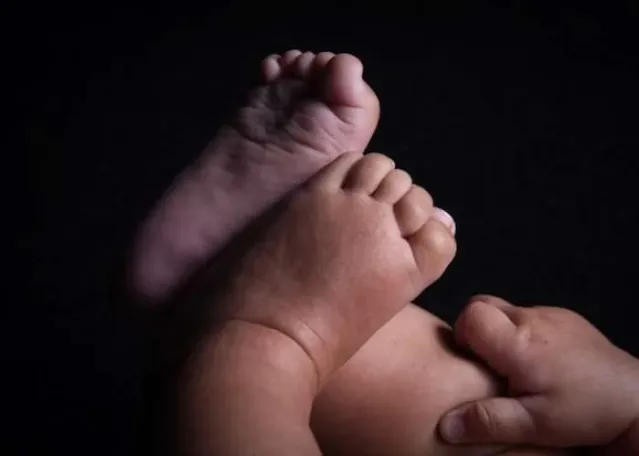According to a recent study, just 57% of Nigerian babies are registered with civil authorities when they are born.
Over 40% of youngsters are still not registered in the country, according to the 2021 Multiple Indicator Cluster Survey (MICS) study.
At a media interaction on the survey's results on Tuesday in Port Harcourt, Claes Johanson, the head of UNICEF's Monitoring for Results (M4R) division, stated that while there was a 10% rise in the number of birth registrations between 2016 and 2021, there was still a gap that needed to be filled.
Birth registration grew from 47% in 2016 to 57% in 2021, according to Johanson.
He said Lagos state recorded the highest number of birth registration with 94 per cent, closely followed by the FCT with 87 per cent. States with the lowest registration are Jigawa with 23.6 per cent and Sokoto with 22.5 per cent.
The survey shows that three per cent of children under the age of five had their births registered, but do not have birth certificates.
It also indicates that two out of every three mothers and caregivers of children aged below five years whose births were not registered did not know how to register births.
It shows that the percentage of children under the age of five whose births are registered ranges from as high as 89 per cent for the richest wealth quintile to as low as 33 per cent for the poorest wealth quintile.
The MICS Survey is a household survey developed by UNICEF to assist countries in filling data gaps for monitoring human development indicators in general and the situation of children and women, in particular.
It has evolved over the years to respond to changing data needs, expanding from 28 indicators in the first round in 1999 to 200 in its current sixth.
The National Bureau of Statistics (NBS) implemented MICS which provides data on child mortality, health, nutrition, education, child and social protection, women’s healthcare and empowerment, water, sanitation and hygiene.
MICS was launched on 16 August alongside the National Immunisation Coverage Survey (NICS) by Nigeria’s Vice President, Yemi Osinbajo, who was represented by the Minister of Finance, Budget, and National Planning, Zainab Ahmed.



